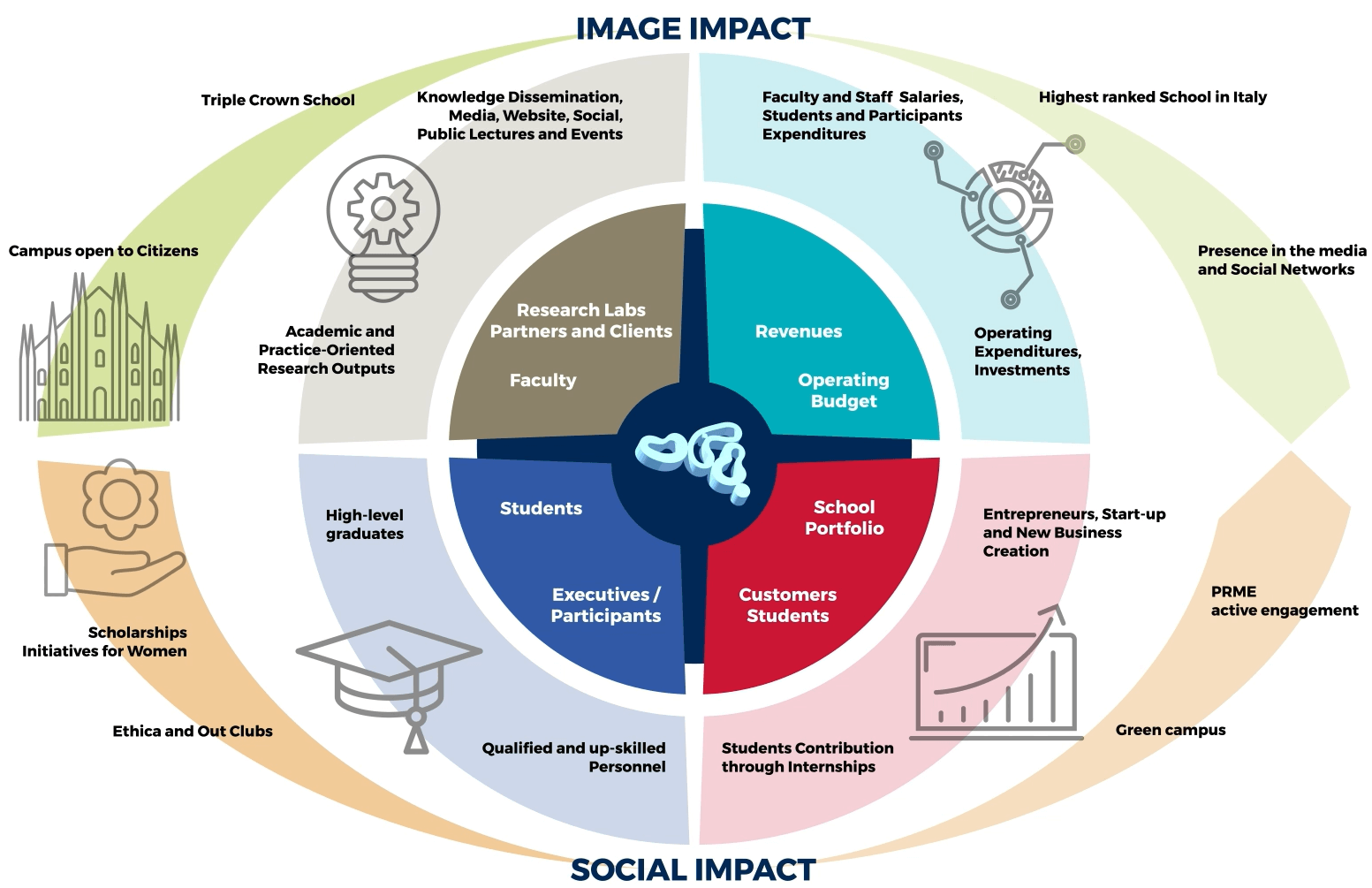Beyond BMW And Porsche: The Broader Implications Of China's Shifting Auto Landscape

Table of Contents
The Rise of Domestic Chinese Automakers
The Chinese car manufacturers are no longer simply assembling vehicles; they are rapidly innovating and challenging global giants. This rise of domestic auto brands in China is fueled by several key factors:
-
Rapid technological advancements: Chinese brands are making significant strides in electric vehicles (EVs), battery technology, and autonomous driving. Companies like BYD Auto, NIO, Xpeng, Great Wall Motors, and Geely are investing heavily in research and development, leading to significant improvements in vehicle quality and features.
-
Competitive pricing and features: Domestically produced cars often offer comparable, if not superior, features at more competitive price points compared to their international counterparts. This price advantage is a significant driver of increased market share for Chinese car manufacturers.
-
Government support and incentives: The Chinese government actively supports its domestic auto industry through various subsidies, tax breaks, and favorable regulations, fostering innovation and growth in the Chinese EV market.
-
Growing consumer preference: A rising sense of national pride and improved perceptions of quality have led to a significant increase in consumer preference for homegrown brands. This shift in consumer sentiment is a powerful engine for the growth of Chinese automakers.
BYD, for example, has become a global leader in electric vehicle technology and sales, surpassing Tesla in domestic sales in 2022. NIO and Xpeng are also making significant inroads, showcasing the increasing sophistication and competitiveness of Chinese electric vehicle manufacturers. Their success highlights the growing influence of Chinese car manufacturers in the global automotive landscape.
The Electrification Revolution in China
China's commitment to electric vehicles is reshaping the global automotive industry. The country is leading the world in EV production and sales, driven by ambitious government policies and rapid technological advancements:
-
Leading position in global EV production and sales: China's electric vehicles market share is substantial and continues to grow, making it a dominant force in the global EV market.
-
Aggressive government targets and infrastructure development: The Chinese government has set aggressive targets for EV adoption, accompanied by substantial investments in charging infrastructure, including a vast network of charging stations and battery swapping stations to support the widespread adoption of new energy vehicles (NEVs).
-
Impact of government subsidies and regulations: Subsidies and regulations incentivize EV adoption and the development of domestic battery technology and supply chains, further solidifying China's position in the global EV market.
-
Advancements in battery technology: China is a major player in battery technology, with companies developing advanced battery chemistries and manufacturing processes, driving down costs and improving performance. This focus on battery technology is crucial to sustaining the growth of China's EV market.
The scale of China's EV infrastructure development and its commitment to renewable energy sources are unprecedented, positioning the country as a global leader in the transition to electric mobility. The impact of these policies on the China EV market share is undeniable.
Geopolitical Implications and Global Competition
China's ascendance in the automotive sector has significant geopolitical implications and intensifies global competition:
-
Impact on global supply chains: China's growing dominance is reshaping global automotive supply chains, creating both opportunities and challenges for international automakers.
-
Increased competition for international automakers: International automakers face intensifying competition in the Chinese market, forcing them to adapt their strategies and offerings to compete with increasingly sophisticated domestic brands.
-
Geopolitical implications of technological advancements: China's technological advancements in areas like electric vehicles and autonomous driving have significant geopolitical implications, influencing global power dynamics and technological leadership.
-
Potential trade disputes: The rise of Chinese automakers could lead to increased trade tensions and disputes, particularly with countries like the US, impacting the global automotive supply chain.
The interplay between China's auto industry and global trade relations is complex and dynamic. Navigating this evolving landscape requires a keen understanding of the geopolitical factors at play and their impact on the global competition within the automotive industry.
The Future of the Chinese Auto Market
The future of the Chinese automotive industry is brimming with potential:
-
Continued market growth: The Chinese automotive market is expected to continue its growth trajectory, driven by rising incomes, increasing urbanization, and sustained government support.
-
Industry consolidation: Further consolidation within the Chinese auto industry is likely, with larger players acquiring smaller companies to gain market share and improve competitiveness.
-
Government policies shaping the future: Government policies will continue to play a vital role in shaping the direction of the Chinese auto market, guiding innovation and promoting sustainable development.
-
Emerging trends in autonomous driving and connected cars: Autonomous driving and connected car technologies are expected to play an increasingly important role in shaping the future of the Chinese automotive market.
Experts predict sustained growth in the Chinese auto market, but the precise trajectory will depend on various economic and political factors. The ongoing technological advancements and the evolving regulatory landscape will continue to shape the future of this dynamic sector.
Conclusion
China's automotive landscape is rapidly evolving, with domestic brands challenging established international players and driving significant global changes. The country's aggressive push towards electric vehicles and technological innovation has far-reaching consequences for the global automotive industry and the world economy. Understanding the complexities of China's shifting auto landscape is crucial for businesses and investors alike. Stay informed about the latest developments in China's automotive market to navigate this dynamic and increasingly important sector. Learn more about the future of China's auto industry and how it will shape the global automotive landscape.

Featured Posts
-
 Pregnant Cassie Shares Third Babys Gender With Alex Fine
May 13, 2025
Pregnant Cassie Shares Third Babys Gender With Alex Fine
May 13, 2025 -
 Pregnant Cassie And Husband Alex Fine Shine At Mob Land Premiere
May 13, 2025
Pregnant Cassie And Husband Alex Fine Shine At Mob Land Premiere
May 13, 2025 -
 Etf Investors Dumped Leveraged Semiconductor Funds Before Recent Surge
May 13, 2025
Etf Investors Dumped Leveraged Semiconductor Funds Before Recent Surge
May 13, 2025 -
 Salman Khans Biggest Box Office Disaster A 4 7 Return
May 13, 2025
Salman Khans Biggest Box Office Disaster A 4 7 Return
May 13, 2025 -
 Elsbeth Season 2 Episode 18 A Pivotal Character Dies
May 13, 2025
Elsbeth Season 2 Episode 18 A Pivotal Character Dies
May 13, 2025
